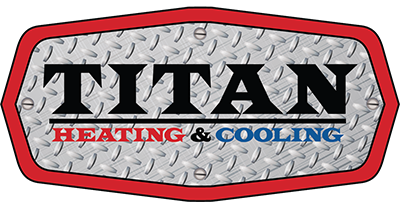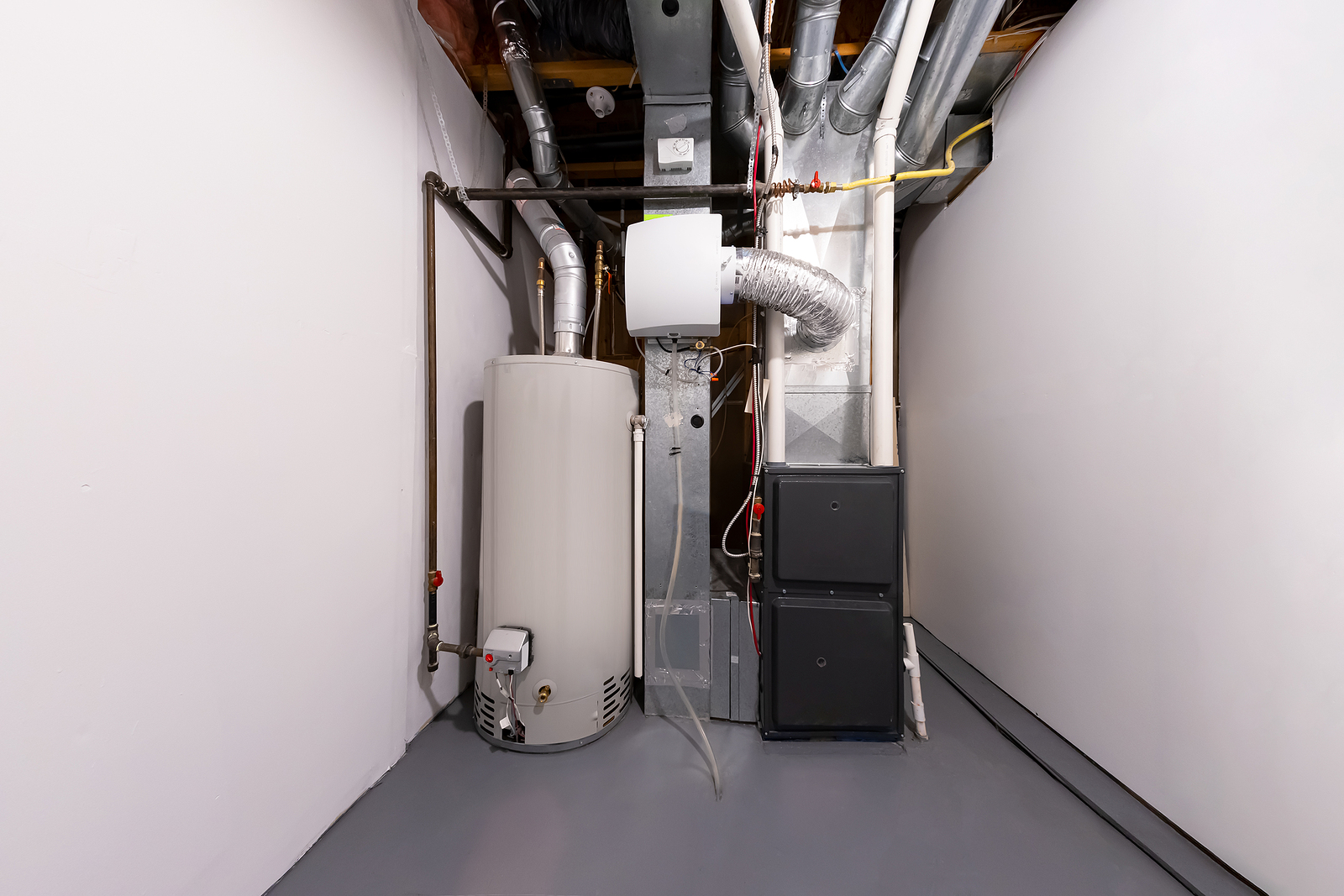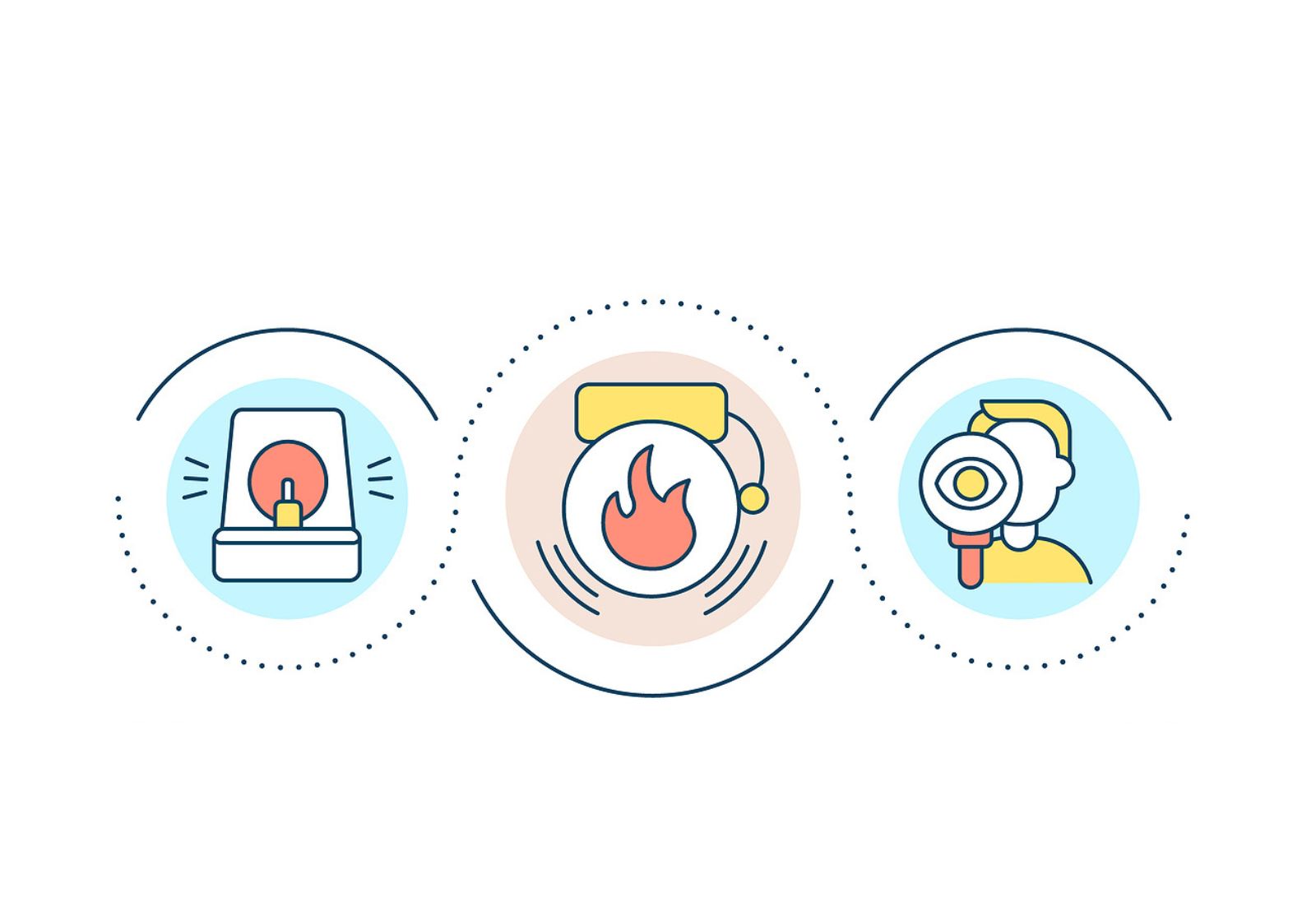Okay, so you just invested in a brand new furnace. Maybe you even went the extra mile and got yourself a high efficiency heating system. Now the question is, how do I get the most out of my investment? Here are seven things you can do to make your furnace last longer. 1. Get on a Maintenance Schedule In Minnesota, furnaces are the real winter workhorses, pulling their weight for approximately five to six months straight! If you don’t want yours to kick the bucket too early, make sure your furnace is on a proper maintenance schedule. Routine maintenance reduces chances of equipment failure, increases equipment lifespan, and helps supply cleaner indoor air. And the great news is that maintenance agreements typically pay for themselves by increasing HVAC efficiency and reducing the likelihood of costly furnace repairs down the road. The bottom line: consistent maintenance will make your furnace last much longer. 2. Keep Air Filters Clean Air filters gather dust, dirt, and other contaminants that would otherwise damage the unit. Have you taken a look at your air filters lately? If the answer is “no,” they’ll likely need replacing. In general, filters should be replaced every one to six months. If you can’t see any filter material behind a layer of dust and grime, you definitely need to change them out for new ones. Left unchecked, a dirty air filter could really damage your heating system, leading to costly furnace repairs and even replacement. 3. Program Your Thermostat The harder your heating system has to work, the more wear and tear the system will endure. A programmable thermostat allows you to program your high efficiency heating system to run at specific times of day, at certain temperatures. This increases the efficiency of your heating system by decreasing how hard it has to work throughout the winter. According to ENERGY STAR, the best temperature to set your thermostat during the winter is 68 degrees Fahrenheit when you’re home, and 65 degrees when you’re sleeping. When you’re away, lower your thermostat by 7-10 degrees for maximum efficiency. (If you have pets, be sure to keep the thermostat set at at least 64 degrees.) 4. Clean and Seal Ductwork Think of your ductwork like the lungs of your home, distributing heated air from your furnace to each room in your house. If your ductwork is dirty or has breaches or cracks, air can’t move efficiently through your home. This makes your heating system work harder than it has to, which takes the “efficiency” out of any “high efficiency heating system.” (Not to mention, this hikes up your energy bills!) Get rid of airflow obstructions and leaks by having your ductwork cleaned and sealed by a professional. Not only will this reduce the stress on your heating system, but it will also lead to better air quality for you and your family. 5. Insulate Your Attic By now you’ve probably heard that heat rises, which is why your attic is so darn hot in the summertime. But have you considered what happens in your attic during the winter? Well, if it’s not insulated, nothing good! If you want to make your furnace last longer, you need to insulate your attic. You could have the most wonderful high efficiency heating system on the market, but if your attic isn’t insulated, you’re going to lose a portion of that heat through the roof. Insulating your attic will help keep heat trapped in your home, where it belongs! 6. Run Ceiling Fans Counter Clockwise Do you find yourself standing under your favorite vent to get warm? Run your ceiling fans counter clockwise to help circulate warm air throughout your house. This will help...
Read MoreAccording to the National Fire Prevention Association, heating is the second leading cause of home fires and home fire injuries. As winter approaches, it’s important to brush up on some home heating safety tips. According to NFPA data, nearly half (48%) of all home heating fires typically occur during the months of December, January and February. Being aware of potential fire hazards and taking the necessary steps to neutralize them can greatly reduce the chances of a house fire. Here are 10 home heating safety tips to prevent any fiery accidents this winter. 1. Follow All Safety Instructions Did you know that 81% of home heating fire deaths involved stationary or portable space heaters? While lots of people prefer to avoid reading the directions on most items, reading the instructions of how to operate a space heater in your home can be life saving! This home heating safety tip also goes for larger home heating equipment. 2. Get a Professional Installation As for stationary equipment such as stationary space heating equipment, central heating equipment and water heaters, leave the installation to the professionals! They’ll handle your water heater or furnace installation according to local codes and manufacturers instructions, keeping your HVAC systems running safely. 3. Keep Heating Unit Out of Reach This is home heating safety 101: keep your heating units away from kids or pets whenever possible. Not only could curious children burn themselves, but kids and pets are more apt to knock over any mobile heating units–and a tipped-over space heater is a serious fire hazard. Try to keep space heaters out of reach, and don’t leave your children and pets alone in a room with the space heater. 4. Position Heaters At Least 3 Feet From Anything Flammable The NFPA’s data reports that half of the home heating fire deaths were caused by having heating equipment too close to things that can burn, such as upholstered furniture, clothing mattresses or bedding. In accordance with Consumer Product Safety Commission guidelines, keep your heating unit at least 3 feet away from anything flammable. (We’re sure this goes without saying, but keep it away from water, too!) 5. DON’T Use a Damaged Unit If your heating unit has been damaged in any way, contact the professionals and have them fix it for you. Furnace repair is not the place for a DIY or MacGyver'ed solution. This also goes for cords on your other heating equipment—if you see a frayed cord, do not touch it. Never use a heating unit with a damaged cord, as this can easily cause a house fire. 6. Turn Off Space Heaters at Before Bed While some heaters can be left on at night, it’s a home heating safety best practice to turn off all portable heating units before you go to sleep. If left on, you run the risk of carbon monoxide poisoning or even a house fire. We know it’s tempting to curl up in bed with a space heater just a few feet away, but consider using an electric heating pad in your bed instead. It’ll keep you warm and will turn off after a certain period of time. 7. DON’T Power Space Heaters With Extension Cords Your outlet only has so much power to give, and a space heater demands a lot of it. When you power a space heater—and additional devices—with a surge protector, extension cord, or plug timer, the excessive energy demand will overload the circuit. It allows heat to build up, which can easily result in a house fire. For optimal home heating safety, plug your space heater directly into the wall circuit only. 8. Get On a Consistent HVAC Maintenance Schedule You don’t want to have...
Read More



